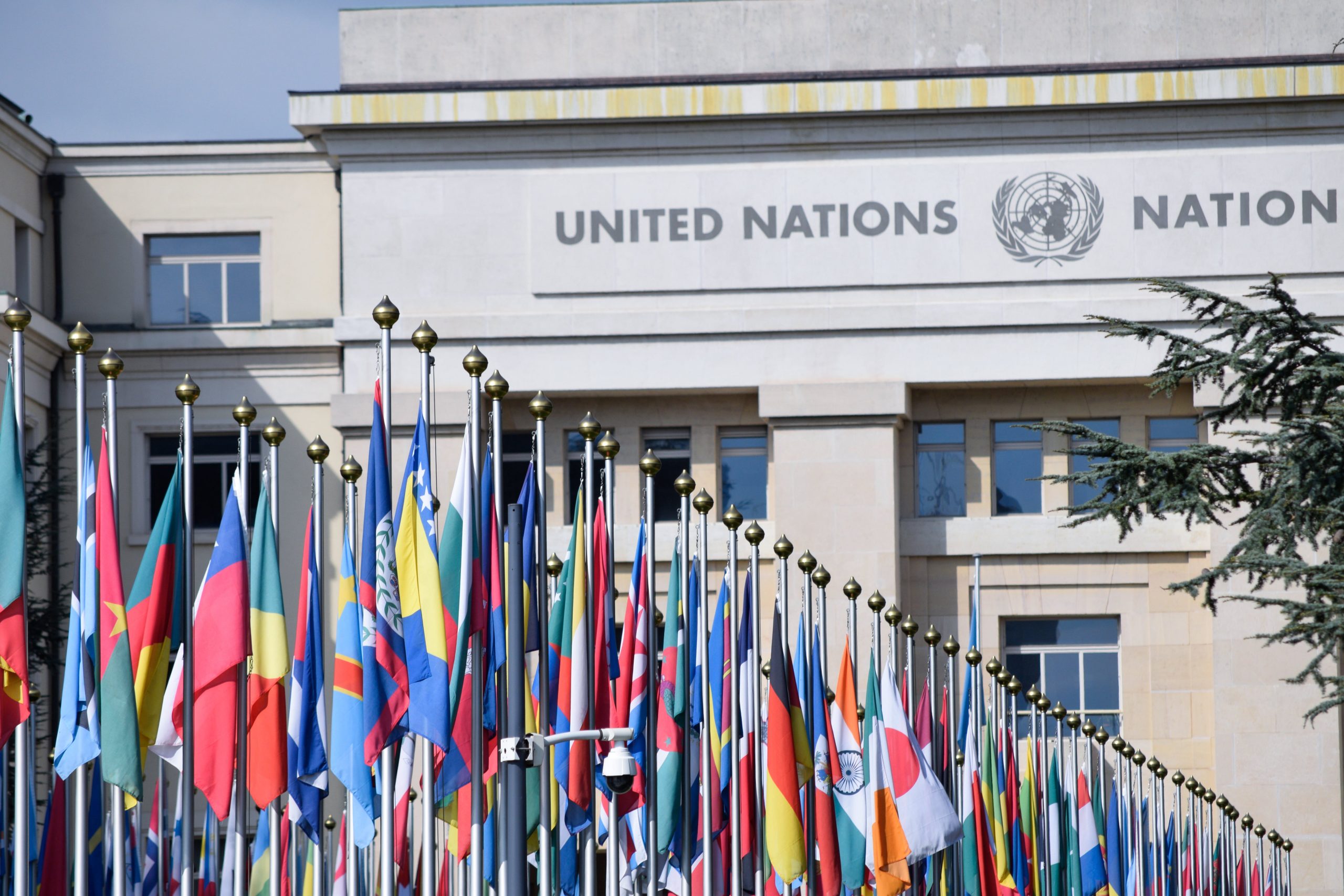
A building with United Nations carved into the top in the background, with flags from numerous countries in the foreground. Image by Xabi Oregi from Pexels is licensed under Pexels license.
How do the big, rich countries usually get what they want even when international organizations encourage representation and try to level the playing field? Many may assume it is the usual exercise of wealth and political power on the global stage. However, recent research from Danielle Falzon reports that in the case of the United Nations another, overlooked factor may be at play: namely, that the standards required for delegates and delegations present unique challenges and barriers for those from developing countries.
During UN sessions, representatives of various countries hold a series of meetings concerning each discussion topic. To be a part of these discussions, nations must maintain delegates and delegations to represent their country on each of these specific issues. In observing over 200 hours of climate negotiations at the United Nations and conducting interviews with dozens of representatives, Falzon identified at least four factors that affect a delegation’s involvement and impact: the size of the delegation, English-speaking language requirements, knowledge and expertise in Western science and legal standards, and long-term, multi-year representation. Suffice to say, each of these requirements are difficult for representatives and delegations from poorer, less developed nations to meet consistently.
Many interviewees focused on the lack of consistent and English-proficient representation, and especially the smaller number of delegates that developing countries were able to send. As a representative from a developing country explained:
“Just the amount of people that can devote time to a single issue makes such a huge difference… . It’s an enormous inequality. People who are tired, haven’t slept or eaten … they can’t argue as well as people who have.”Falzon argues that these standards and expectations create a systemic inequality in access and representation at the UN that calls into question the status quo of the organization’s common operating practices. Do negotiations have to take place in person and require that delegates are always in attendance in order to have say? This sort of institutional change, while it would be a large transition, may make it easier for developing countries to have their voices heard.

Comments